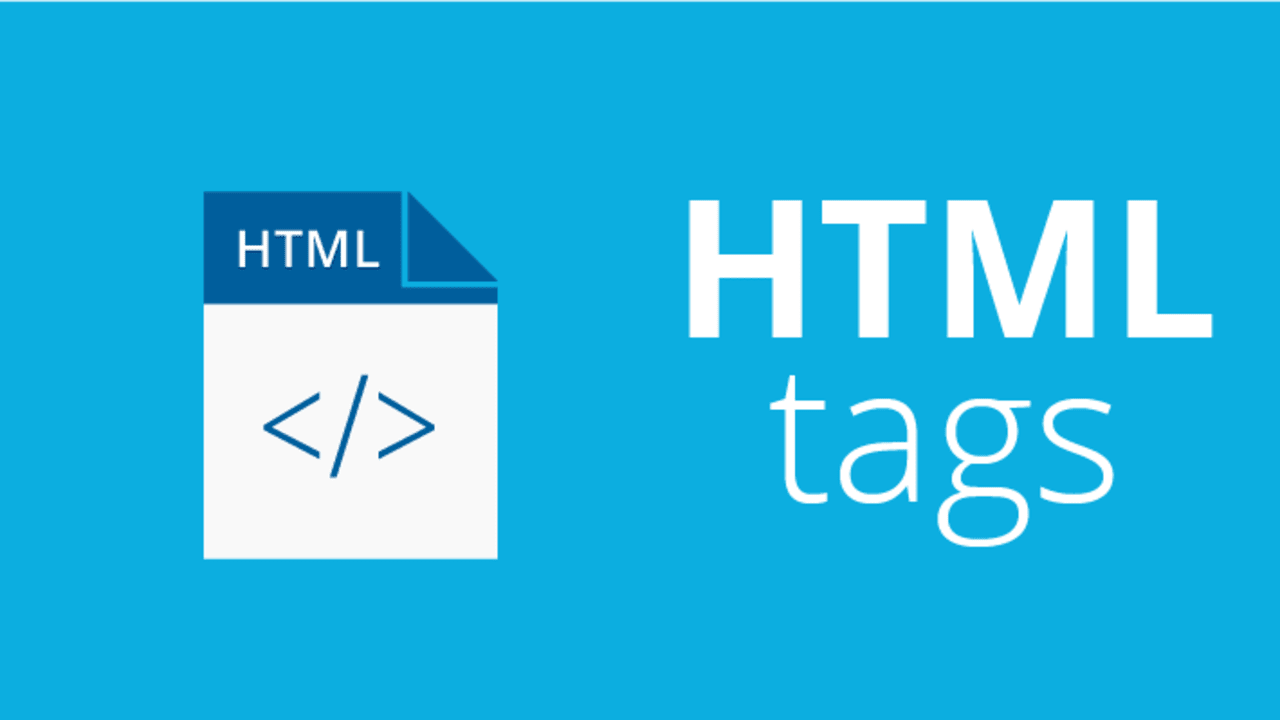A group of web companies–Yahoo!, AdaptiveBlue, DERI (NUI Galway), Faviki, Freebase, Zemanta, and Zigtag–have created a new tagging format for Web pages called Common Tag. The new format, according to the official press release, enables publishers to use semantic tagging to improve their content by making it more “discoverable, connected, and engaging.”
While tags have long been used to organize, share, and find content on the Web, the advantages have been limited. For example, a tag for the word jaguar could represent the animal, car company, or operating system. Additionally, in many cases individual things are represented by several tags, making it hard to organize related content. Common Tags, on the other hand, are references to specific concepts, equipped with metadata and their own URLs. Content related to jaguar the animal is therefore tagged with one concept for jaguar the animal. The new tag also connects users to helpful metadata that defines each concept and explains how they are related to one another. Ultimately, Common Tags will help users, publishers, and developers create topic groups, share their content, and improve their pages with free data, images, and widgets.
Peter Mika from Yahoo! Research said, “Semantic tagging is an important next step in the evolution of the Web. When we add semantic meaning to tags, the content that is tagged becomes significantly easier for machines to understand. That in turn allows for the development of more intelligent applications for aggregating, searching, and browsing the Web.”
To use the Common Tag format, publishers can employ automated tagging tools such as those provided by Zemanta or tag their content themselves. In addition, social tagging services such as Faviki and Zigtag also allow end users to tag content using this new format.

